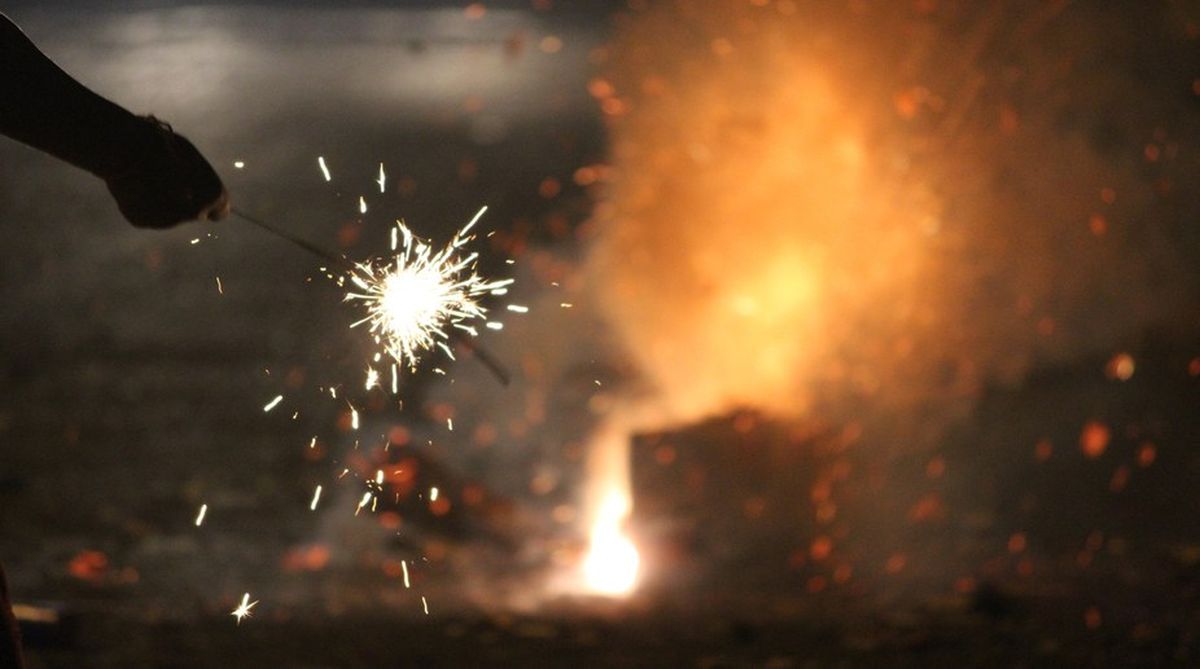It is not often that the apex court holds a prima facie view without quite confirming it but that is precisely what the bench of Justices Arjan Sikri and Ashok Bhushan did while enforcing restrictions on the sale and use of firecrackers in Delhi and the National Capital Region and setting time limits on their use all over the country. The court said it is unimpressed by arguments that an outright ban on firecrackers would violate Articles 19 (1) (g) (right to carry on profession or trade) and 25 (right to practise religion) but that it has not come to a “conclusive determination”. The message to governments and the firecracker industry though was clear.
The argument advanced on behalf of the Tamil Nadu government and cracker manufacturers that the industry generated revenues of Rs 6,000 crore and employed 500,000 people will not wash for much longer and will be outweighed by citizens’ right to life once the court does reach a “conclusive determination” especially as it has already held crackers are hazardous. It would thus be prudent for Tamil Nadu and its cracker manufacturers to find alternative sources of revenue and livelihood as quickly as possible.
Advertisement
Indeed, the judgment is among other things a commentary on the callous indifference of governments to matters of public health. It notes, “Thus, there is virtually a consensus in the society that crackers should not be burnt during Diwali, which can be celebrated with equal fervour by various other means as well. Irony is that when causes are brought in the Court, there is a resistance from certain quarters. Moreover, there are adequate statutory provisions, aid whereof can be taken to ban the sale of these crackers.”
In other words, the court has once again reprimanded, albeit gently, the executive for failing to do its job and dumping the problem in the judiciary’s lap. Thus, a judgment which on first reading ~ essentially of its operative portion ~ seems neither here or there must in fact be assessed as one that has given fair warning to the state, telling it to get ready for a “conclusive determination”. The Central Pollution Board, state boards and cracker manufacturers would do well to pay heed.
In the immediate context, though, it must be said that the reliefs granted to the petitioners may not be particularly efficacious. Cracker traders are likely to sneak their way past the ban enforced by the court on all crackers except green ones if only because the enforcement agency, the police, may not always be capable of making the distinction.
This of course pre-supposes that green crackers can actually be made available in time. Similarly, the nationwide ban on use of crackers except between 8 and 10 p.m. will be difficult to enforce. While the court has warned officers-in-charge of police stations of contempt proceedings should the ban not be enforced, this may be easier said than done. Thus while petitioners may not breathe easier this Diwali, they may in times to come do so.









